Can the Scouts movement survive after the pandemic?
Lockdowns trigger sharp drop in young members and adult volunteers
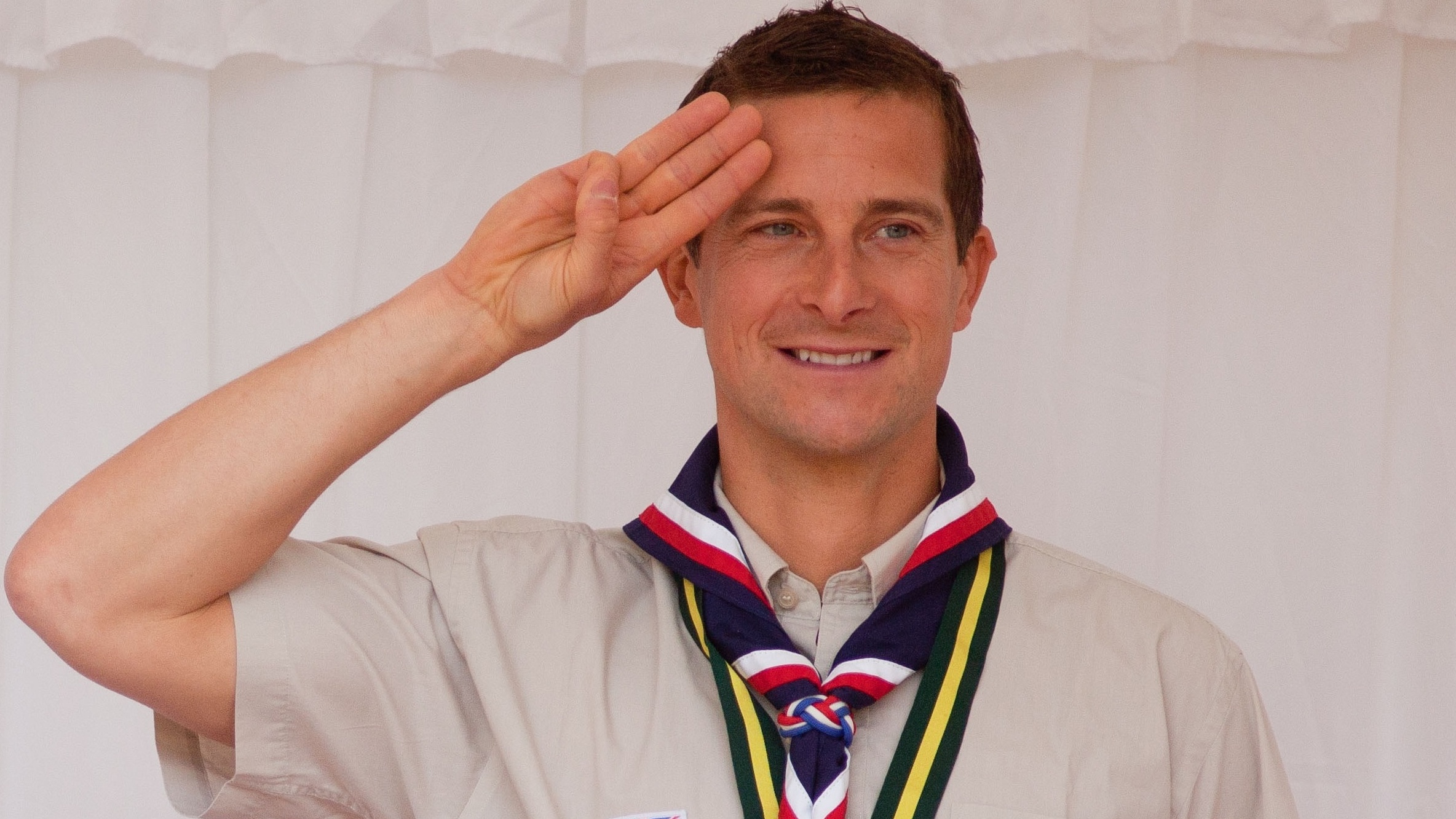
A free daily email with the biggest news stories of the day – and the best features from TheWeek.com
You are now subscribed
Your newsletter sign-up was successful
The survival of the Scouts movement could be at stake after it lost more volunteers and members in the last year than at any time since the outbreak of the Second World War.
Covid lockdowns and the pressures of the pandemic took their toll on membership of the Scouts, as the number of youth members dropped by a quarter, from 480,083 to 362,752. The number of adult volunteers also saw a significant decline, falling from 156,000 in 2020 to just under 141,000 this year.
The drop in members is the largest since 1941, when the number of Scouts fell from 394,615 in 1938 to 284,678 as the impact of the war began to hit the UK, reports the Daily Mail.
The Week
Escape your echo chamber. Get the facts behind the news, plus analysis from multiple perspectives.

Sign up for The Week's Free Newsletters
From our morning news briefing to a weekly Good News Newsletter, get the best of The Week delivered directly to your inbox.
From our morning news briefing to a weekly Good News Newsletter, get the best of The Week delivered directly to your inbox.
During the pandemic Scouts leaders delivered more than 1.2 million hours of virtual meetings over Zoom, according to chief executive Matt Hyde writing for Third Sector, as well as launching initiatives like remote camps, with members pitching tents in their back gardens and joining online singalongs.
But areas with the longest lockdowns such as the north-west, Wales and Northern Ireland have seen the “biggest losses of involvement”. The organisation is concerned that “people in more deprived areas with less access to IT are likely to be hardest to bring back”, The Guardian says.
As the pandemic restrictions are gradually lifted, young people are coming back to the Scouts in “big numbers”, writes Hyde, but a lack of adult volunteers is hampering the drive to get children and young people back into the Scouts, with more than 70,000 young people currently on the waiting list.
The Scouts are launching a drive to recruit 5,000 adult volunteers to plug the gap left by the 15,000 who left during the pandemic, as well as encouraging young people who drifted away from Scouts over the past year to rejoin. The campaign #GoodForYou will highlight how giving time to the Scouts can support volunteers’ “skills, health and happiness, family and community”, says The Scout Association.
A free daily email with the biggest news stories of the day – and the best features from TheWeek.com
It will also create 66 jobs for young adults through the Government’s Kickstarter programme, and new team members will work as development officers to support Scouts groups to welcome new members.
The decline in numbers has come after a period of strong growth for the Scouts movement, whose membership rose by almost 200,000 between 2006 and 2020.
“We understand that our health and families must come first, but losing members of the Scouts family is so heartbreaking,” writes Bear Grylls, who has been chief scout since 2009, on The Independent. “When volunteers move on, young people miss out. Now, as the vaccine programme continues to roll out in the most remarkable way, this is our moment to build back better.”
Sorcha Bradley is a writer at The Week and a regular on “The Week Unwrapped” podcast. She worked at The Week magazine for a year and a half before taking up her current role with the digital team, where she mostly covers UK current affairs and politics. Before joining The Week, Sorcha worked at slow-news start-up Tortoise Media. She has also written for Sky News, The Sunday Times, the London Evening Standard and Grazia magazine, among other publications. She has a master’s in newspaper journalism from City, University of London, where she specialised in political journalism.
-
 James Van Der Beek obituary: fresh-faced Dawson’s Creek star
James Van Der Beek obituary: fresh-faced Dawson’s Creek starIn The Spotlight Van Der Beek fronted one of the most successful teen dramas of the 90s – but his Dawson fame proved a double-edged sword
-
 Is Andrew’s arrest the end for the monarchy?
Is Andrew’s arrest the end for the monarchy?Today's Big Question The King has distanced the Royal Family from his disgraced brother but a ‘fit of revolutionary disgust’ could still wipe them out
-
 Quiz of The Week: 14 – 20 February
Quiz of The Week: 14 – 20 FebruaryQuiz Have you been paying attention to The Week’s news?
-
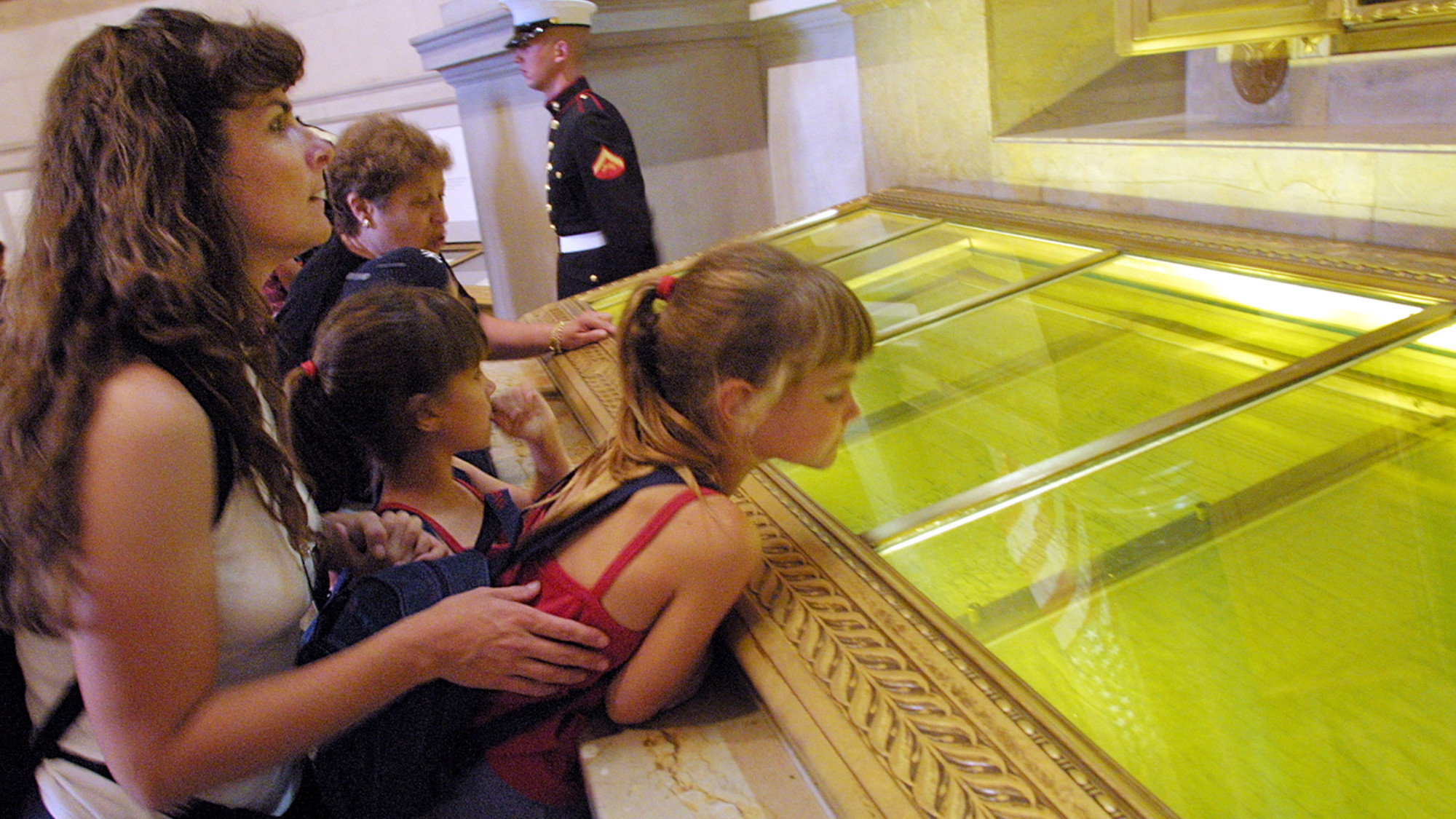 Book reviews: ‘We the People: A History of the U.S. Constitution’ and ‘Will There Ever Be Another You’
Book reviews: ‘We the People: A History of the U.S. Constitution’ and ‘Will There Ever Be Another You’Feature The many attempts to amend the U.S. Constitution and Patricia Lockwood’s struggle with long Covid
-
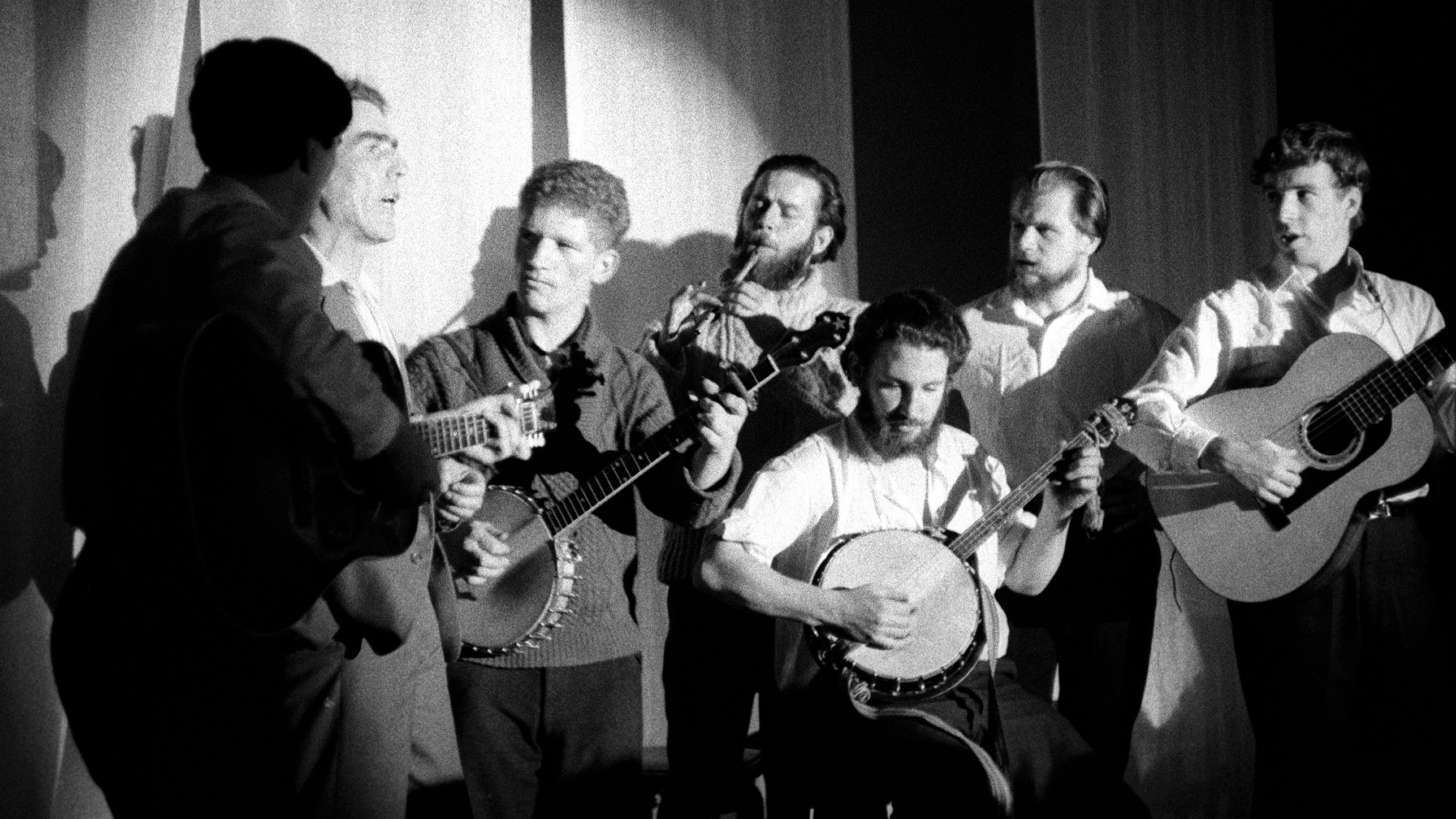 Why Irish traditional music is having a moment
Why Irish traditional music is having a momentIn The Spotlight Frustrations with isolation and technology credited for reviving 'auld' trad tunes
-
 Despite the pandemic and environmental alarm, the cruise industry is soaring
Despite the pandemic and environmental alarm, the cruise industry is soaringIn the Spotlight Royal Caribbean, Carnival and Norwegian all went into 2024 with record high bookings
-
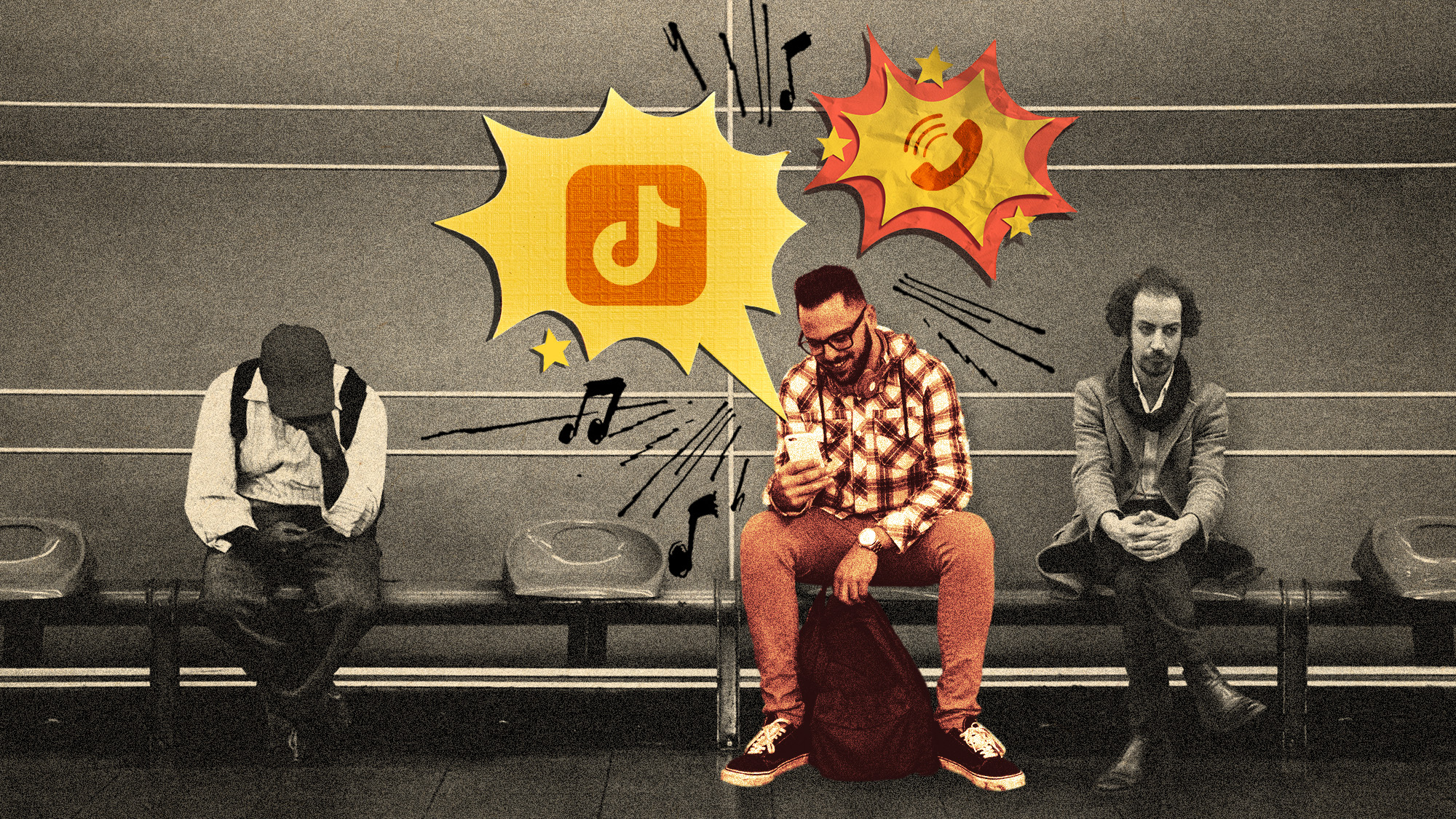 A not-so-quiet place: Why is no one using headphones in public anymore?
A not-so-quiet place: Why is no one using headphones in public anymore?Under the Radar People are increasingly comfortable with both speakerphone and watching videos (very) out loud
-
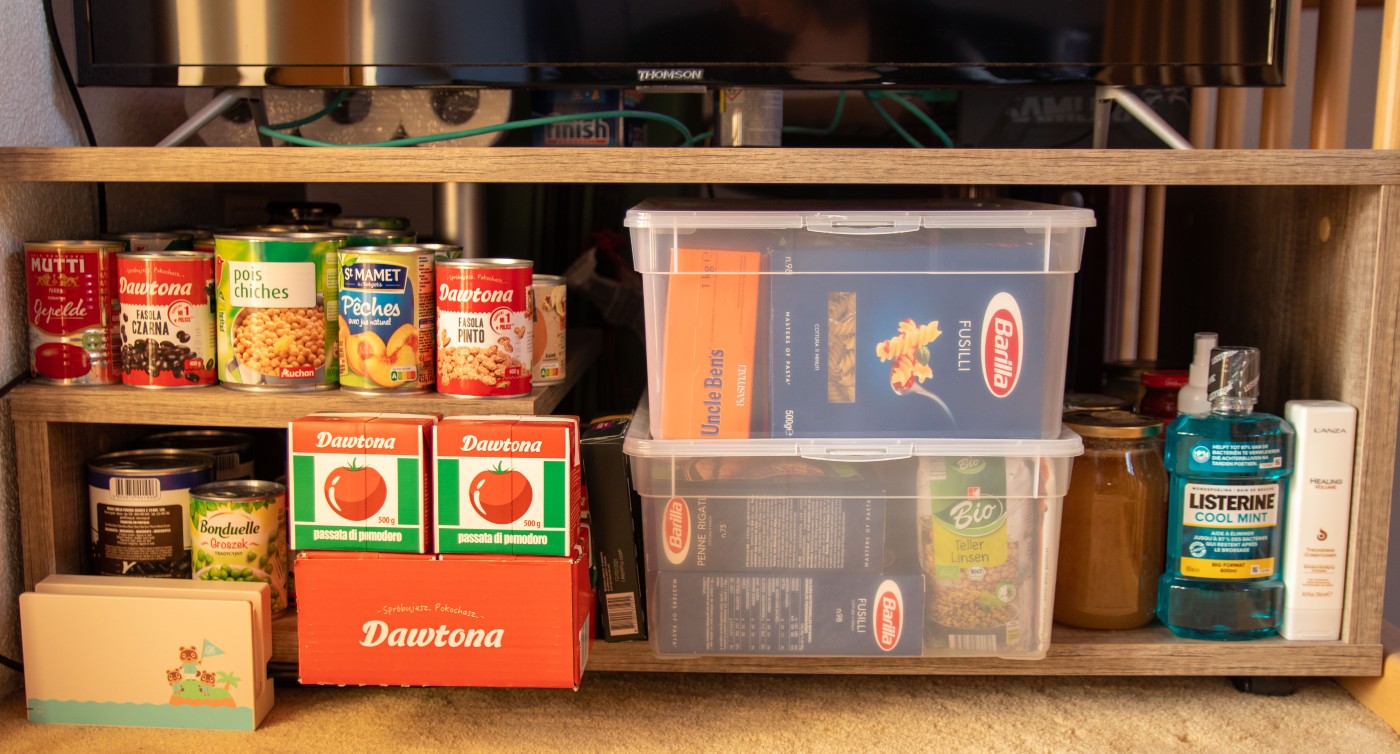 Gas masks and loo rolls: why 'preppers' are on the rise
Gas masks and loo rolls: why 'preppers' are on the riseUnder The Radar Doomsday community has expanded from 'Rambo wannabes' to 'Tesco regulars'
-
 Breathtaking: the Covid drama that may make you scream
Breathtaking: the Covid drama that may make you screamThe Week Recommends ITV three-parter is a 'tour de force' that exposes 'political complacency'
-
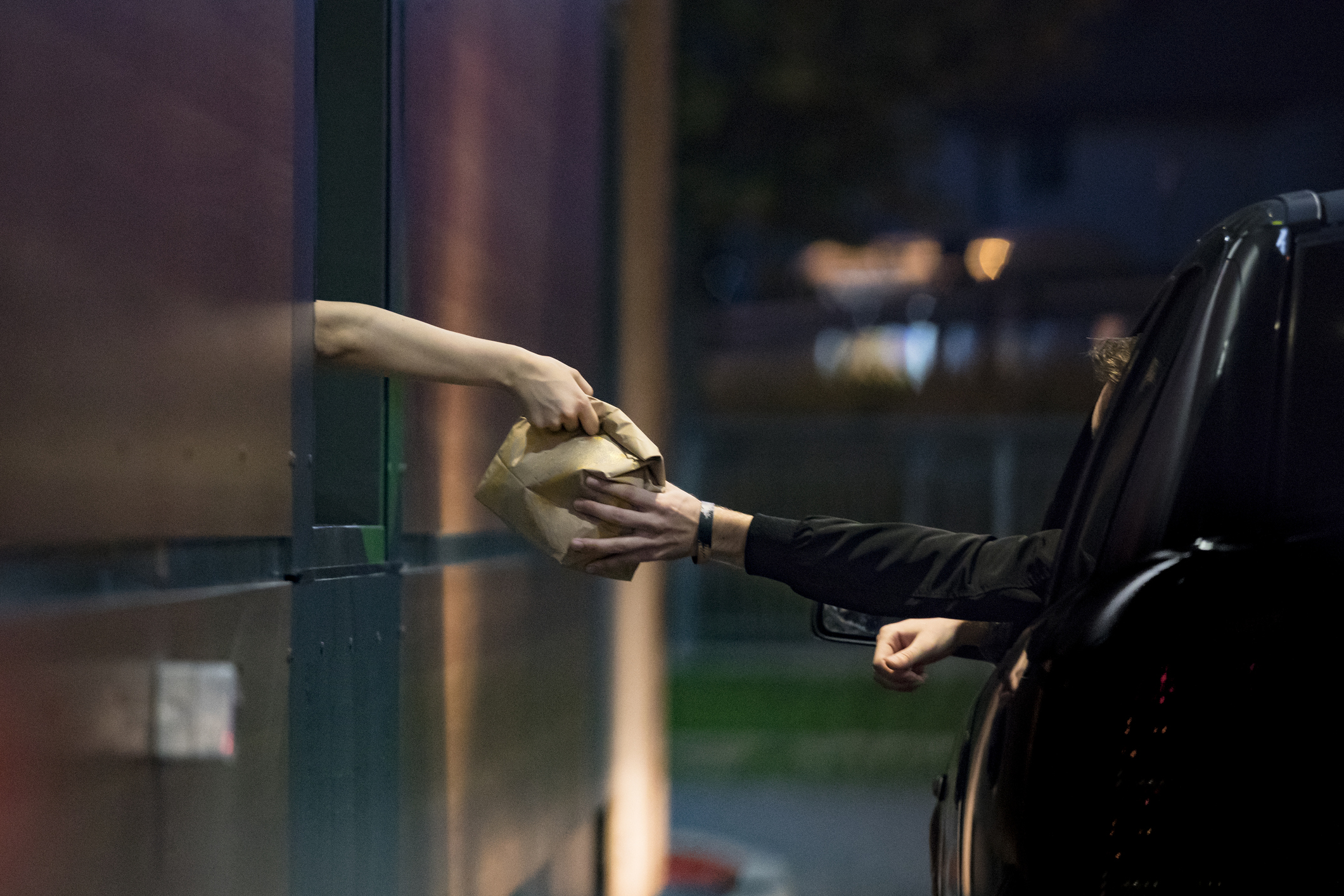 The lasting changes of the post-pandemic dining era
The lasting changes of the post-pandemic dining eraThe Explainer The newest of new normals
-
 The celebrity winners of 2023
The celebrity winners of 2023In the Spotlight Girl power's still got it as Taylor Swift, Barbie and Britney all come out on top